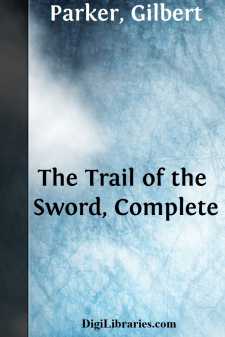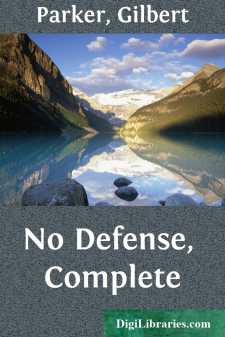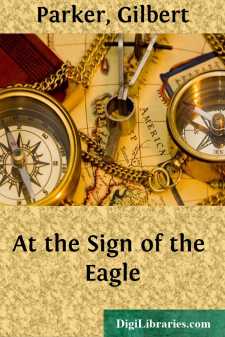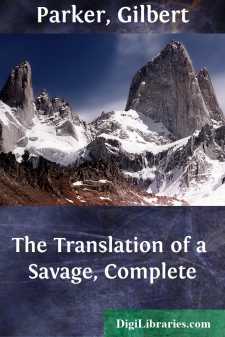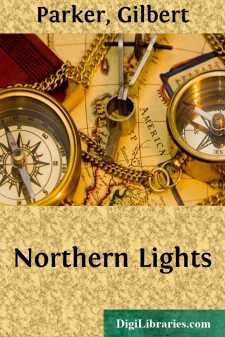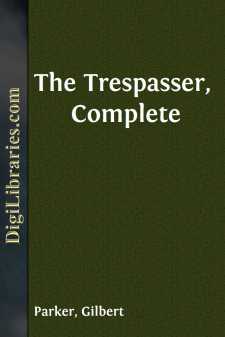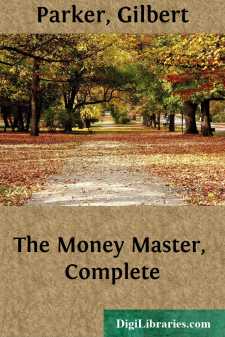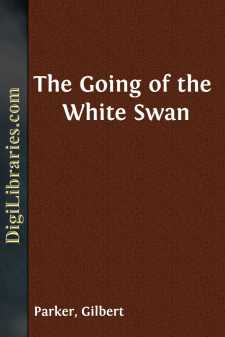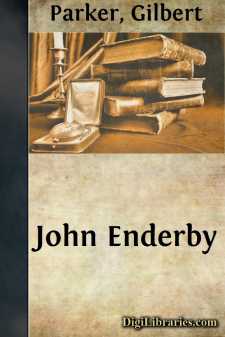Categories
- Antiques & Collectibles 13
- Architecture 36
- Art 48
- Bibles 22
- Biography & Autobiography 813
- Body, Mind & Spirit 142
- Business & Economics 28
- Children's Books 15
- Children's Fiction 12
- Computers 4
- Cooking 94
- Crafts & Hobbies 4
- Drama 346
- Education 46
- Family & Relationships 57
- Fiction 11828
- Games 19
- Gardening 17
- Health & Fitness 34
- History 1377
- House & Home 1
- Humor 147
- Juvenile Fiction 1873
- Juvenile Nonfiction 202
- Language Arts & Disciplines 88
- Law 16
- Literary Collections 686
- Literary Criticism 179
- Mathematics 13
- Medical 41
- Music 40
- Nature 179
- Non-Classifiable 1768
- Performing Arts 7
- Periodicals 1453
- Philosophy 64
- Photography 2
- Poetry 896
- Political Science 203
- Psychology 42
- Reference 154
- Religion 513
- Science 126
- Self-Help 84
- Social Science 81
- Sports & Recreation 34
- Study Aids 3
- Technology & Engineering 59
- Transportation 23
- Travel 463
- True Crime 29
The Trail of the Sword, Complete
by: Gilbert Parker
Categories:
Description:
Excerpt
THE TRAIL OF THE SWORD
This book, like Mrs. Falchion, was published in two volumes in January. That was in 1894. It appeared first serially in the Illustrated London News, for which paper, in effect, it was written, and it also appeared in a series of newspapers in the United States during the year 1893. This was a time when the historical novel was having its vogue. Mr. Stanley Weyman, Sir Arthur Conan Doyle, and a good many others were following the fashion, and many of the plays at the time were also historical—so-called. I did not write The Trail of the Sword because it was in keeping with the spirit of the moment. Fashion has never in the least influenced my writing or my literary purposes. Whatever may be thought of my books, they represent nothing except my own bent of mind, my own wilful expression of myself, and the setting forth of that which seized my imagination.
I wrote The Trail of the Sword because the early history of the struggles between the French and English and the North American Continent interested me deeply and fascinated my imagination. Also, I had a most intense desire to write of the Frenchman of the early days of the old regime; and I have no idea why it was so, because I have no French blood in my veins nor any trace of French influence in my family. There is, however, the Celtic strain, the Irish blood, immediate of the tang, as it were, and no doubt a sympathy between the Celtic and the Gallic strain is very near, and has a tendency to become very dear. It has always been a difficulty for me to do anything except show the more favourable side of French character and life.
I am afraid that both in The Trail of the Sword, which was the forerunner of The Seats of the Mighty, the well sunk, in a sense, out of which the latter was drawn, I gave my Frenchman the advantage over his English rival. In The Trail of the Sword, the gallant French adventurer's chivalrous but somewhat merciless soul, makes a better picture than does his more phlegmatic but brave and honourable antagonist, George Gering. Also in The Seats of the Mighty, Doltaire, the half-villain, overshadows the good English hero from first to last; and yet, despite the unconscious partiality for the individual in both books, English character and the English as a race, as a whole, are dominant in the narrative.
There is a long letter, as a dedication to this book, addressed to my father; there is a note also, which explains the spirit in which the book was written, and I have no desire to enlarge this introduction in the presence of these prefaces to the first edition. But I may say that this book was gravely important to me, because it was to test all my capacity for writing a novel with an historical background, and, as it were, in the custom of a bygone time. It was not really the first attempt at handling a theme belonging to past generations, because I had written for Good Words, about the year 1890, a short novel which I called The Chief Factor, a tale of the Hudson's Bay Company....


